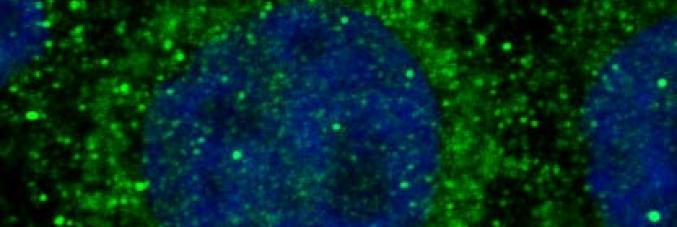
Unipd Research - Unveiling a New Gene that Regulates Aging
25.06.2024
Directed by Prof Marco Sandri of the Department of Biomedical Sciences at the University of Padua and Principal Investigator of the Veneto Institute of Molecular Medicine (VIMM), an international research team identifies and characterizes a new gene that controls cellular aging and longevity.
The identification of this new gene is thanks to the collaboration with Eva Trevisson, geneticist from the Department of Women's and Children's Health at the University of Padua, and nine years of work between Italian and internationally renowned researchers. Published in the prestigious medical journal of translational research The Journal of Clinical Investigation the work entitled C16ORF70/Mytho promotes healthy ageing in C. elegans and prevents cellular senescence in mammalsreceived funding from a PNRR action on aging. The action, called AGE-IT Ageing Well in an Aging Society aims to create a national network of researchers studying this biological process.
Main co-author, together with Dr. Valeria Morbidoni, Dr. Anais Franco Romero explains 'The work began with computer research to identify potential, yet unknown, genes in the human genome that could be relevant to the mechanisms that control the quality of proteins and organelles. Among the various candidates, the team focused on a gene that stood out for being extremely conserved among different animal species, from humans to worms, called the MYTHO protein (Macroautophagy and YouTH Optimizer)'.
Through genetic manipulation experiments, the group demonstrated that the inhibition of this protein causes early cellular senescence when cells stop replicating, thus shortening of lifespan of the animal model Caenorhabditis Elegans, while its activation improves the quality of life and maintains healthy aging.
Also characterizing the molecular mechanisms, the study also discovered that this gene regulates autophagy, which removes damaged proteins and organelles, improving cellular homeostasis.
Prof Marco Sandri explains “Even after years of studies, we have come to know something about our genome, namely that the function of most of our genetic code is still unknown. An example is the genes that encode proteins, of which more than 5000 out of a total of 20000 are completely unknown. For this reason, in recent years we have used resources and energy to characterize this unknown world of our DNA.”



